UNANI, the most ancient alternate form of medicine has lived with the belief of treating a patient "inside out", by restoring the balance between the organ systems, leading to a healthier life.
Good health and natural wellness for all, with care and compassion at an affordable price, are the guiding principles that Hamdard has imbibed and practised since inception. A big step in this direction is "Hamdard Wellness" which is committed to providing selfless healthcare to improve the quality of human life. Here, disease management and wellness services without causing any side effects are provided for every human being through the Unani system of medicine. We aim to provide an experiential high to those who choose an alternative way of well-being.
In recent years, modern science has validated several teachings and beliefs rooted in the wisdom of Unani science.
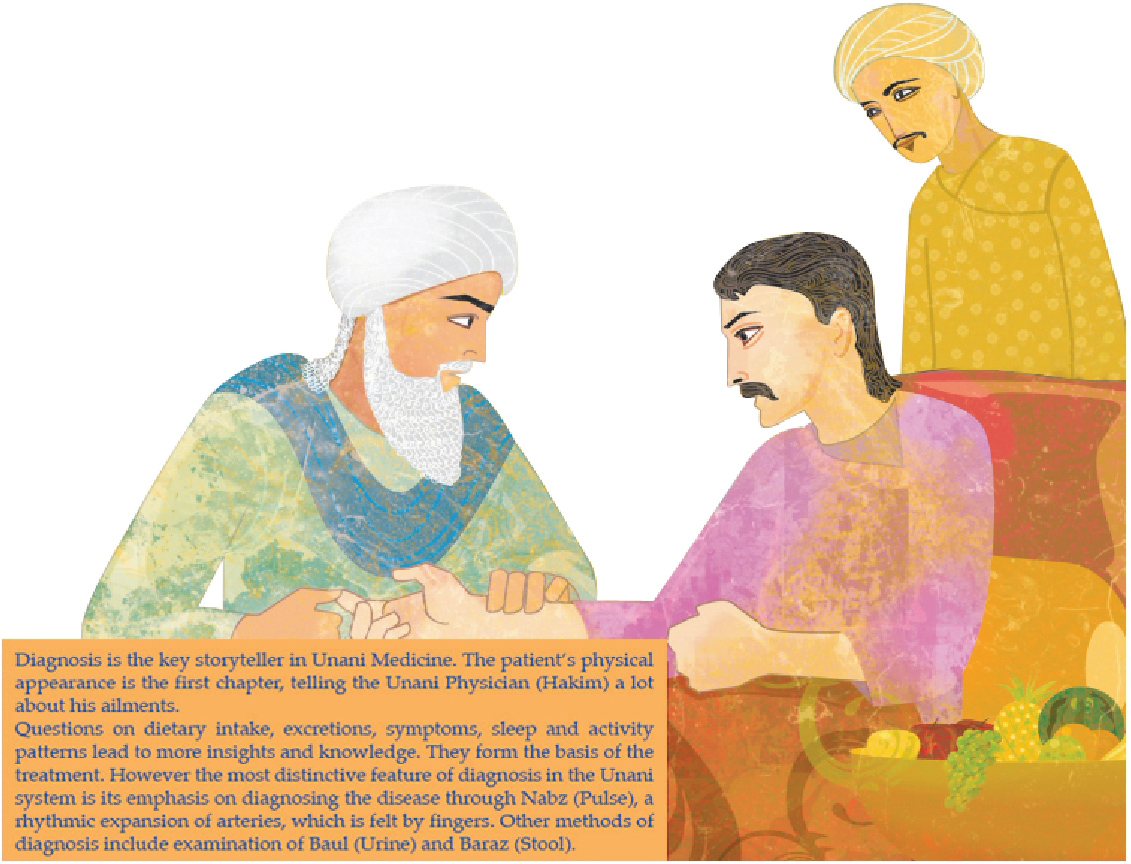
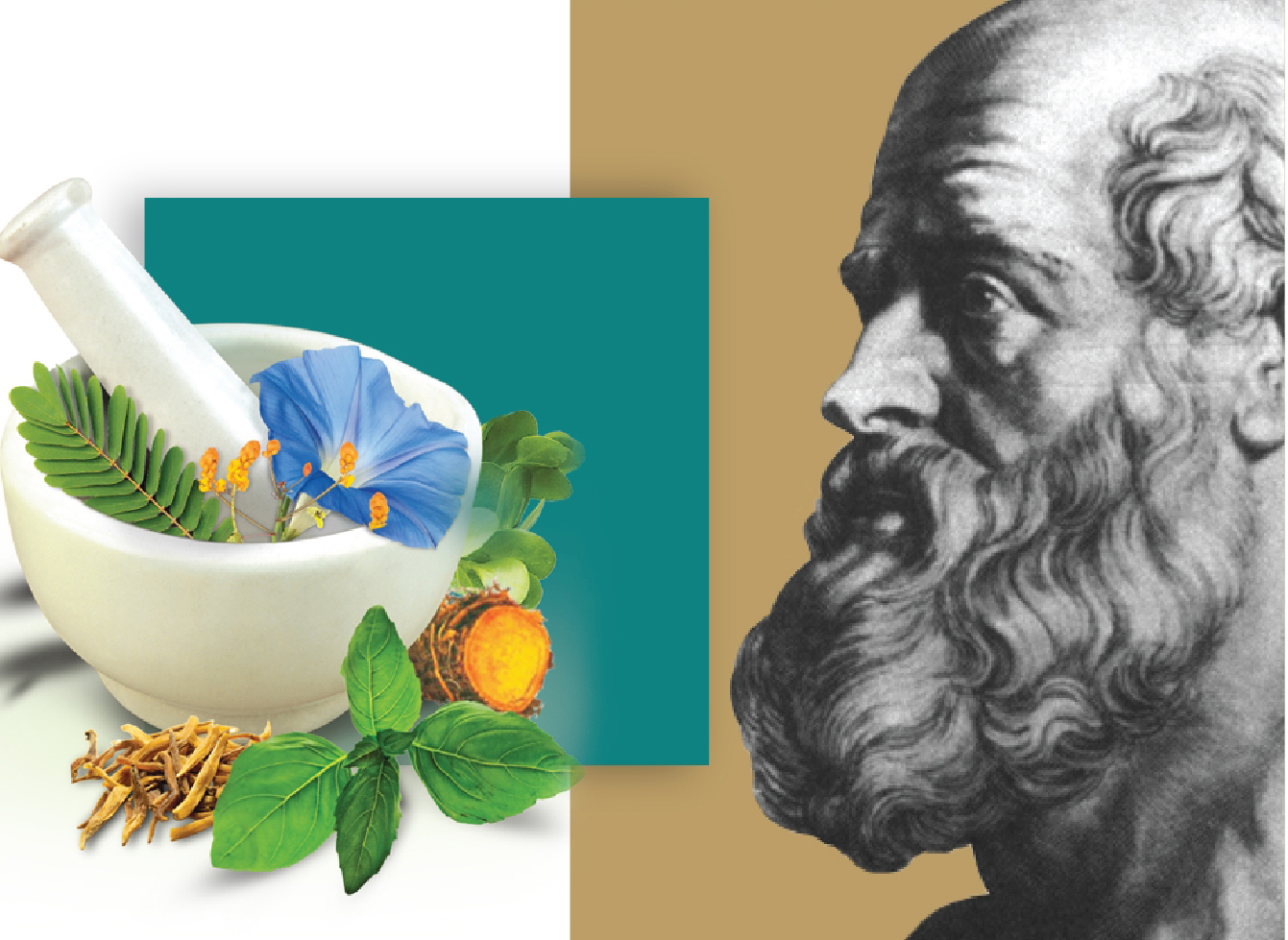
This comprehensive medical system provides promotive, preventive, curative, and rehabilitative healthcare. Its fundamentals, diagnosis, and treatment modalities are rooted in scientific principles and a holistic approach. The system considers each individual in relation to their environment, emphasizing the health of the body, mind, and soul.The Unani system of medicine, sometimes referred to as 'Greco-Arab' medicine or 'Unani Tibb,' is based on Greek philosophy and originated in Greece. The term 'Unani' is derived from 'Unan,' which is Arabic and Urdu for 'Greece'.
This system of medicine is a comprehensive medical system, providing promotive, preventive, curative and rehabilitative healthcare. its fundamentals, diagnosis and treatment modalities are based on scientific principles and a holistic approach, considering each individual in relation to his/her environment and emphasising on the health of body, mind and soul. This comprehensive medical system provides promotive, preventive, curative, and rehabilitative healthcare. Its fundamentals, diagnosis, and treatment modalities are rooted in scientific principles and a holistic approach. The system considers each individual in relation to their environment, emphasizing the health of the body, mind, and soul.
The theoretical framework of Unani medicine is based on the work of Hippocrates (460-377 BC). By his method of careful study and comparison of symptoms, he laid down the foundation for clinical medicine based on diet and rest. He advocated that the chief function of a physician is to aid the natural forces of the body in combating a disease.
A number of Greek scholars after Hippocrates such as Galen (131-200 AD) followed by Arab physicians like Rhazes (850-932 AD) and Avicenna (980-1037 AD), enriched the system considerably. Rhazes and Avicenna authored Al-Hawi and Al-Qanun respectively, which were compilations of their observations.

The Unani system follows the humoral theory, postulating the presence of four humors in the body: dam (blood), balgham (phlegm), safra (yellow bile), and sauda (black bile). This theory runs parallel to the concept of kapha, vata, and pitta—the three doshas in Ayurveda.
These humoral temperaments are:

The quality and quantity of the four humors affect the state of health and disease in the body
HOW AILMENTS ARE HEALED:
In the Unani system of medicine, six basic factors are considered essential for the maintenance of good health and the prevention of diseases.
If a person practises these basic principles with a perfect balance, their health remains well-maintained.
Health is thus considered a state of the body where the humors are in equilibrium, and body functions are normal. This concept is based on six essential elements
India leads in the number of education, research, and healthcare institutions of Unani Medicine, making it an integral part of the national healthcare delivery system.
Equilibrium plays a crucial role in Unani, where the human body is maintained by the harmonious arrangement of seven natural and basic components called "Umoor-e-Tabiya" (fundamentals of the physique). These components, responsible for health maintenance, act as heroes and villains, playing crucial roles in human life.
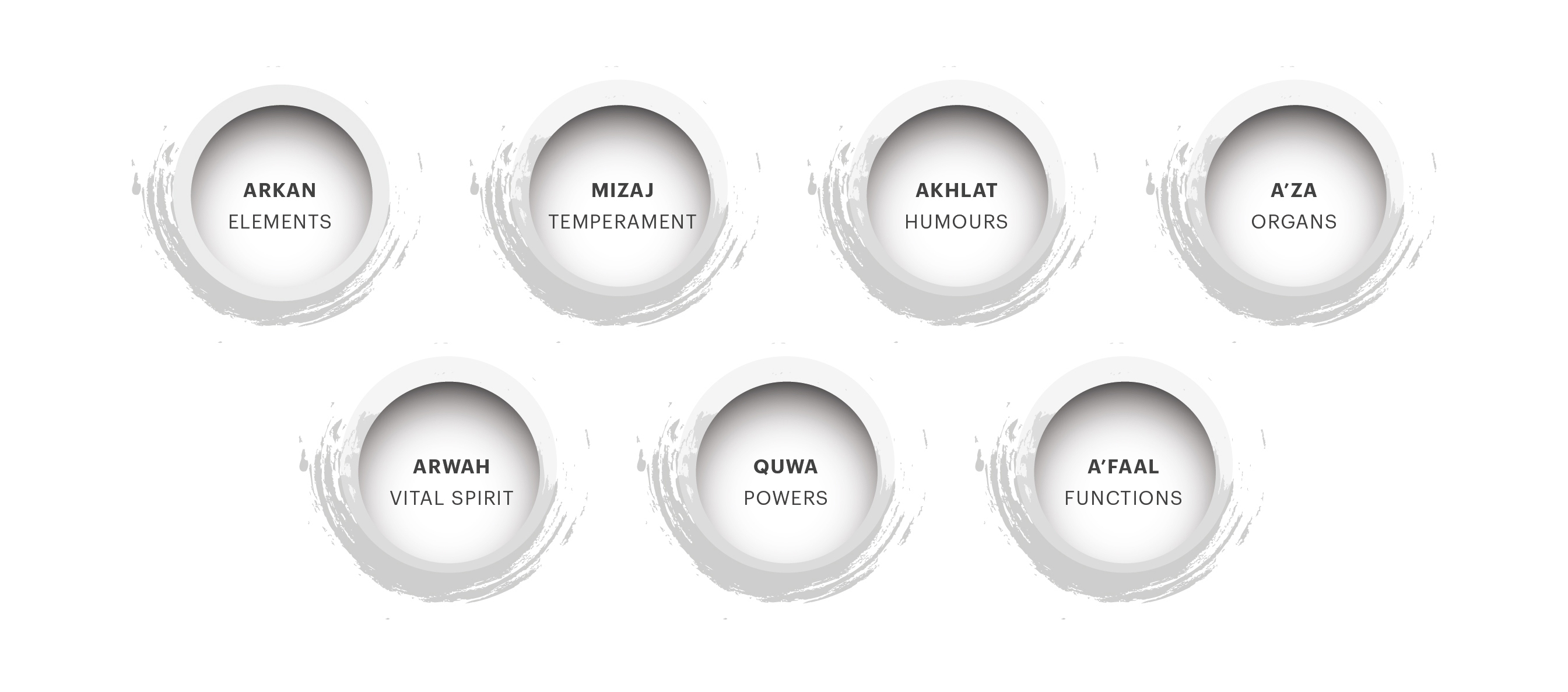
Areas of expertise in Unani system of medicine
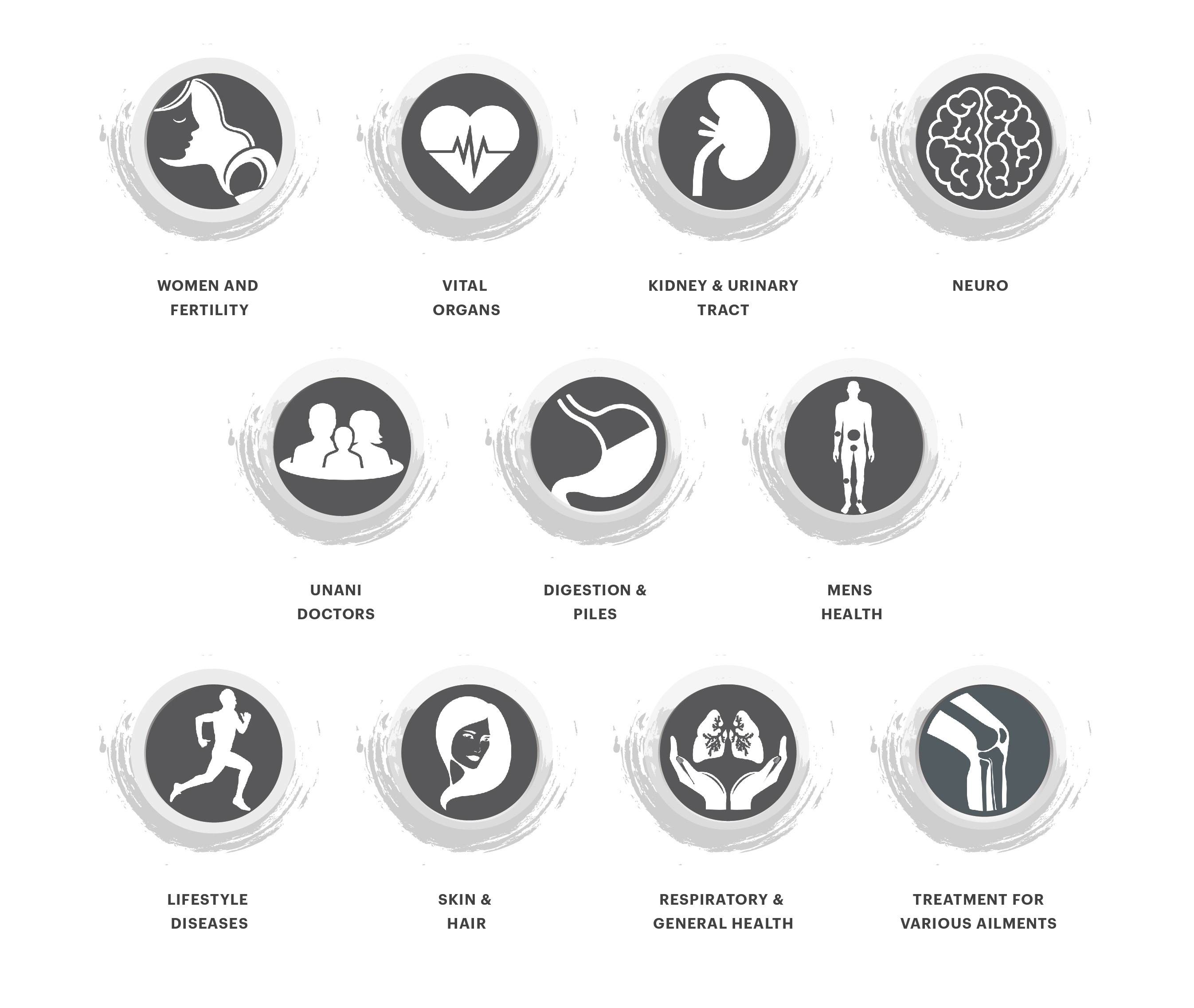
The patient's physical appearance is the first highlight, providing the Unani Physician with valuable insights into his/her ailment. Inquiries about dietary intake, excretions, symptoms, sleep, and activity patterns further contribute to gaining insights and information. These elements form the basis of the treatment.
The Unani system is part of the knowledge of indigenous cultures that has stood the test of time. This system has demonstrated remarkable results in curing ailments of the gastrointestinal tract, musculoskeletal system, respiratory conditions, skin and blood, liver, nervous system, and several other acute and chronic diseases where other systems have failed to provide the desired response. Now, the system has transcended national boundaries and is popular among the masses globally.
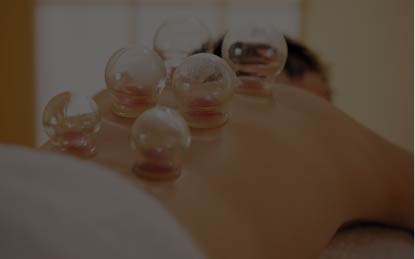
Regimental Therapy
(llaj-bit-tadbeer)
The use of exercise, climate change, massage, venesection, leeching, cupping, diet therapy, etc.

Pharmacotherapy
(llaj-bil-dawa)
The use of extracts from plants, animals, and minerals, either alone or in combination.

Surgery
(llaj-bil-Yad)
Surgical intervention, as a last resort.
Unani stands out in treating chronic diseases such as arthritis, asthma, mental health issues, cardiac and digestive disorders, urinary infections, and, of course, sexual diseases.
Hakim Ajmal Khan conceptualised the idea of research in Unani medicine in the 1920s. However, it was Hakim Abdul Hameed, who, under the Hamdard enterprise, established a modern laboratory and subjected various drugs to laboratory tests, bringing the Unani system of medicine onto modern scientific lines for the first time. He realized that the growth of Hamdard was heavily dependent on constant research into new products and the enhancement of those products already in the market.
Hamdard embarked on extensive research, collected widely recognized formulations, standardized them, and organized them systematically. This effort was subsequently published as the Hamdard Pharmacopoeia (Qarabadin-e-Hamdard). The organization's research strategy and implementation are well-supported by a robust intellectual property team with immense expertise and experience.
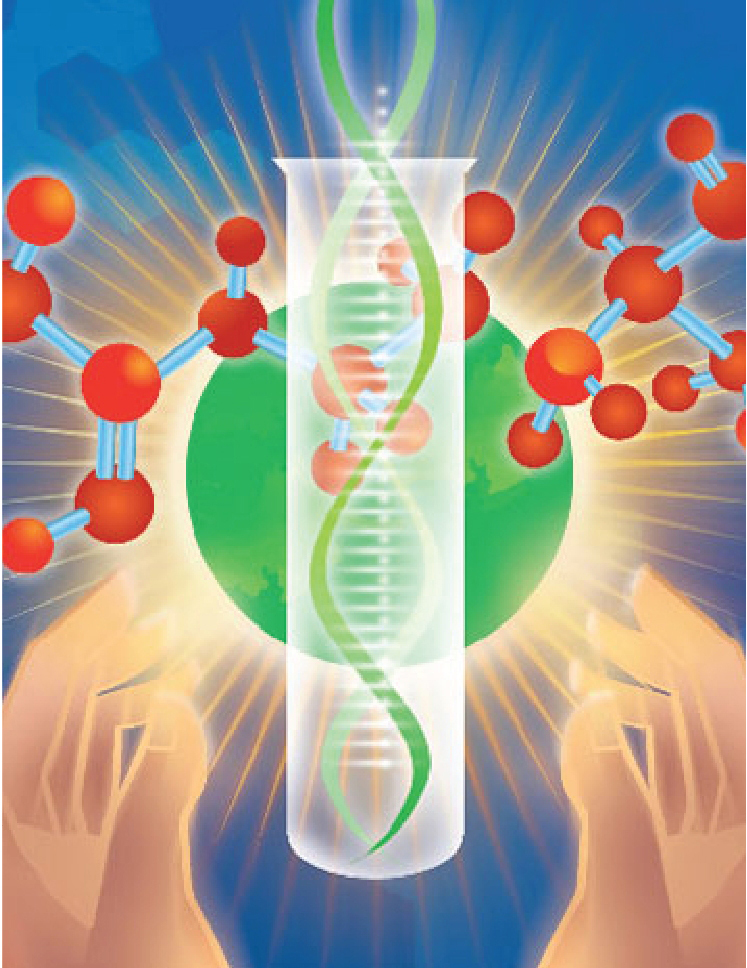
Deploying modern research tools and the latest scientific methods to advance the frontiers of natural medicine, especially Unani, Hamdard consistently conducts pharmacological studies on herbs. This effort aims to revitalise, test, and enhance the effectiveness of old formulations.
The field of research in Unani medicine received a significant boost with the establishment of the Central Council for Research in Unani Medicine (CCRUM) by the Government of India (GOI). Hamdard's research capabilities have not only yielded rich dividends in terms of wellness but also earned the company an enviable reputation for quality and capability.
The council is currently involved in multifaceted research activities, including clinical research, drug standardisation research, literary research, survey and cultivation of medicinal plants, and information, education, and communication programs.
In today's day and age, there are over 40 undergraduate and postgraduate colleges teaching Unani medicine in India.
Postgraduate courses in Unani offer MD degrees in "llm-ul Advia" (pharmacology),"Moalijat" (medicine), "Kulliyat" (basic principle), "Jarahat" (surgery), "Amraz-e- Niswan" (gynaecology)," Tahaffuz-i-wa-samaji-tibb" ( preventive and social medicine) and "Amraz-e-Atfal" (paediatrics)
There are over 250 Unani hospitals (With a bed strength of over 4,562 beds), 1,200 Unani Dispensaries and 52,000 practising Hakims spread across 18 states in India with more than 400 Unani pharmacies. Unani forms an integral part of the National Healthcare Delivery system and is recognised by the WHO, for being inexpensive, therapeutically effective, largely free from side effects and easily available.
The Indian Medicine Central Council (IMCC) Act of 1970 has been implemented in India for regulating education and practice in the Unani system of medicine. Unani healing has gained increased popularity and is vibrant and vigorously alive today and is being practised, taught and researched under its local names in over 20 countries like China, Canada, Denmark, Germany, Finland, UK, USA etc. The understanding of the composition, regulation, safety, and efficacy of Unani medicines has been widely appreciated and accepted all over the globe now.
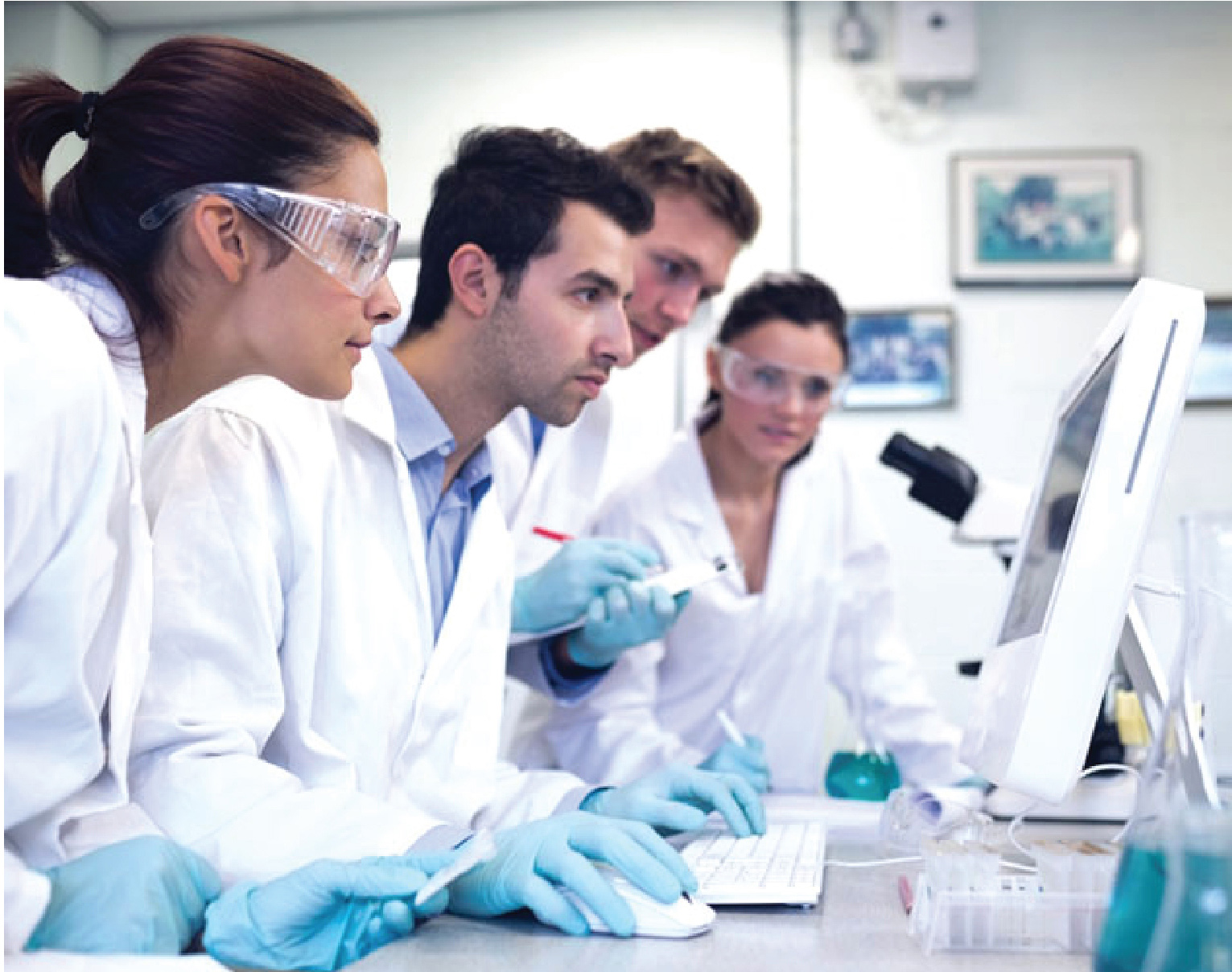
Herb gardens, nurseries for medicinal plants, and experimental and field-scale cultivation are among the significant initiatives undertaken by Hamdard for the advancement of medicine.
Significant progress has been made in the development of medicines. However, medicinal plants persist as a crucial source of drugs worldwide.
Hamdard is one of the largest consumers of diverse herbs, and the pharmacology department ensures the accurate identification of raw materials through macroscopic and microscopic evaluation. Each herb is meticulously documented with photographs, and a reference herbarium is maintained for authentic identification.
Formulation development at Hamdard commences with a literature search.
The proper rationale of ingredients is worked out, and a prototype formulation is developed.
Standardization of analytical parameters for raw materials and formulations is established.
Stability studies are conducted in accelerated and real conditions to ensure efficacy and safety.
Data evaluation is performed to assess the suitability of the formulation for the desired therapeutic use.
Technology transfer for manufacturing the product.
Post-marketing surveillance is conducted to gather customer feedback.
Marker compounds are required for the standardisation of herbal raw materials and formulation. The research and Development department at Hamdard is also engaged in maintaining the Marker Compounds Library to enable the analysis via sophisticated instruments.
Receive our emails to stay up-to-date
Thank You for Subscribing!
© 2020 Hamdard All rights reserved.